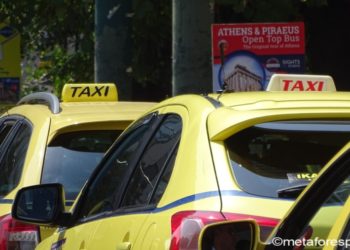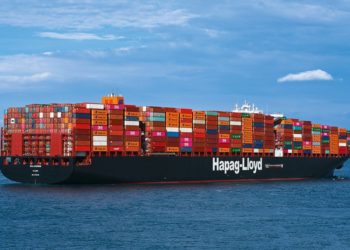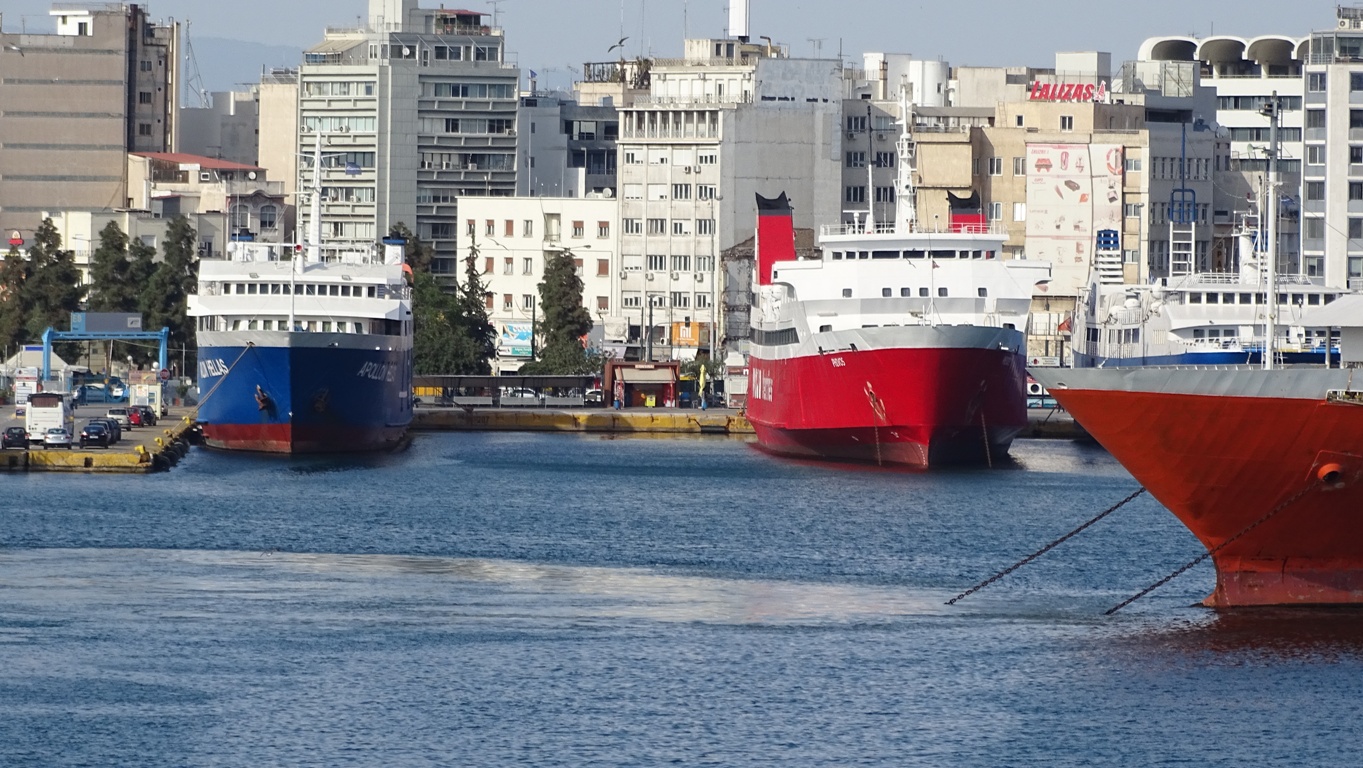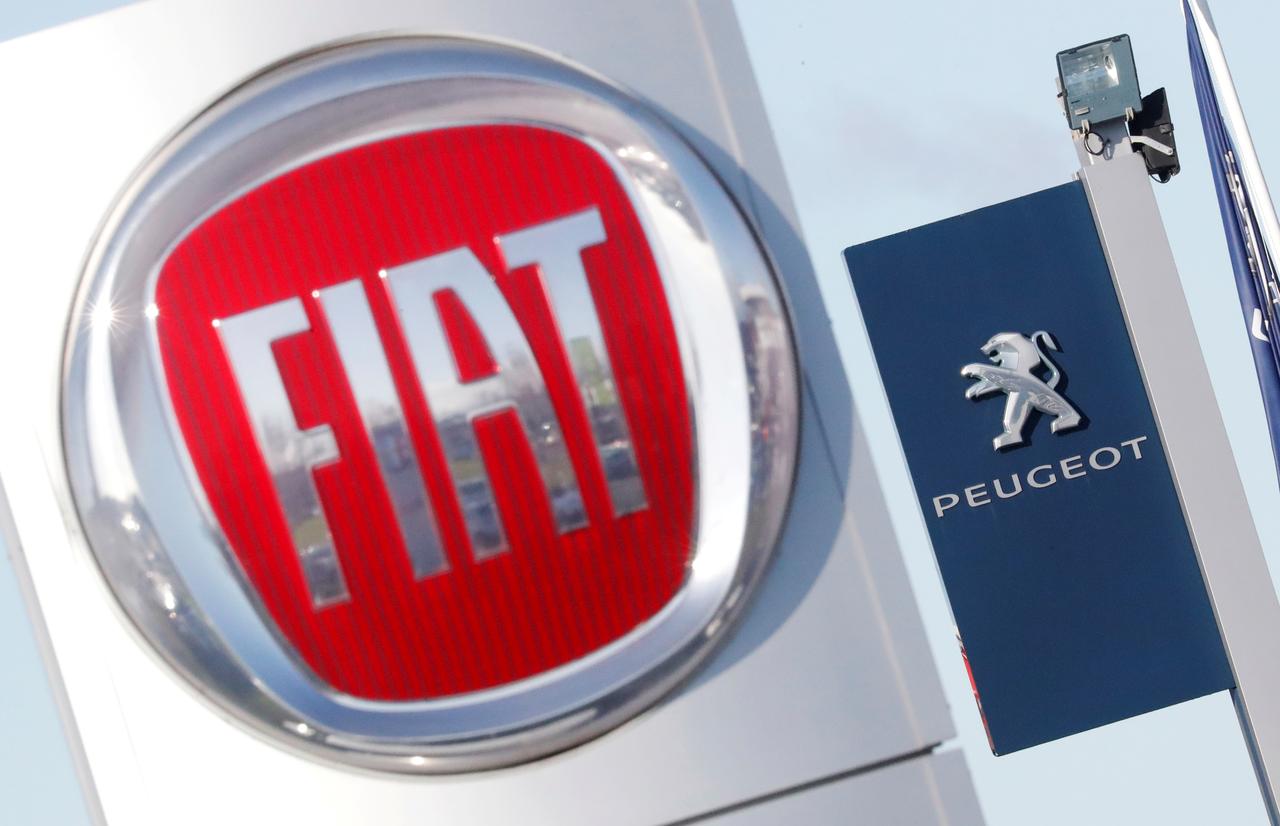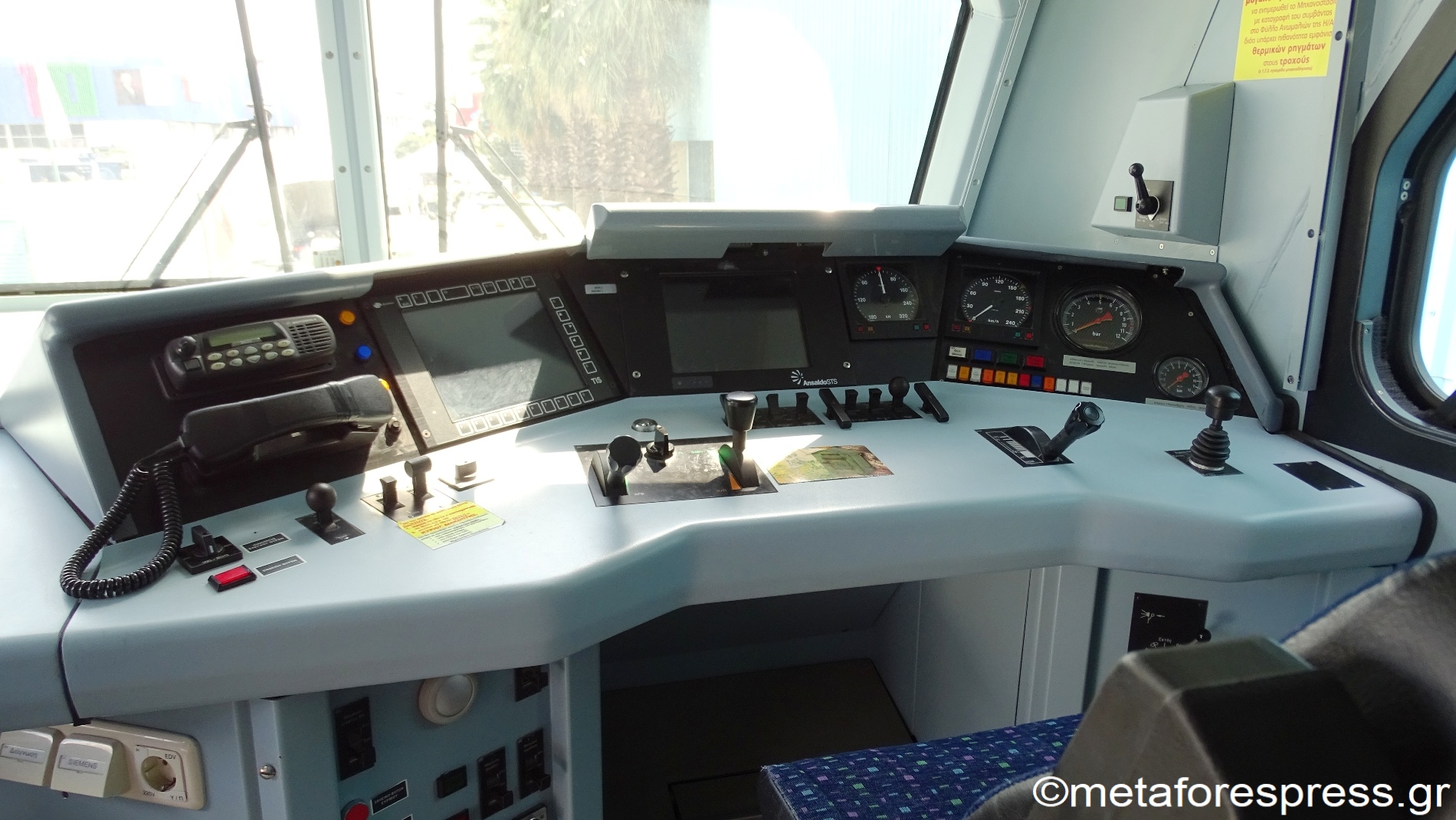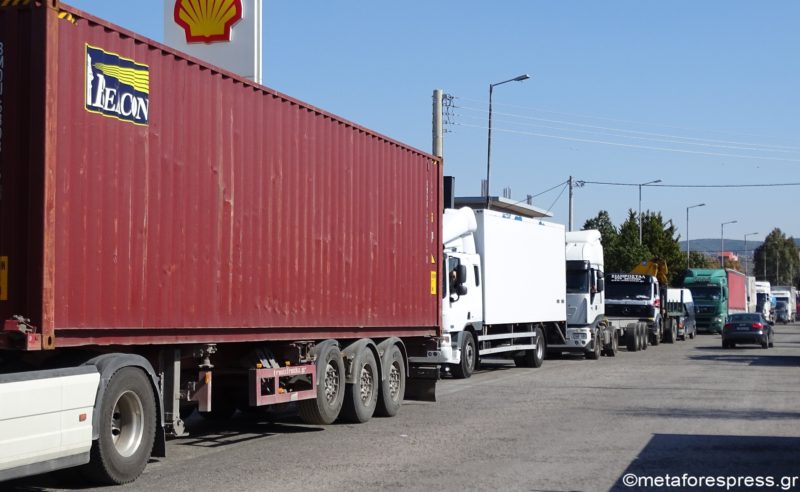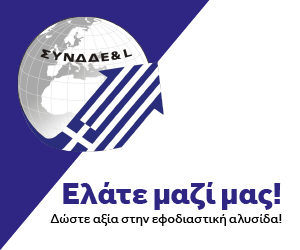The European Commission has approved, under the EU Merger Regulation, the proposed merger between the automotive companies Fiat Chrysler Automobiles N.V. (‘FCA’) and Peugeot S.A. (‘PSA’).
The approval is conditional on full compliance with a commitments package offered by the companies.
Executive Vice-President Margrethe Vestager, responsible for competition policy, said: “Access to a competitive market for small commercial vans is important for many self-employed and small and medium companies throughout Europe. We can approve the merger of Fiat Chrysler and Peugeot SA because their commitments will facilitate entry and expansion in the market for small commercial vans. In the other markets where the two automotive manufacturers are currently active, competition will remain vibrant after the merger.”
Today’s decision follows an in-depth investigation of the proposed merger by the Commission, which combines FCA and PSA, two large global automotive companies. Both companies are active worldwide, with a strong manufacturing base in the European Economic Area (EEA). The transaction will lead to the creation of the fourth largest automotive group in the world, to be called “Stellantis”.
The Commission’s investigation
During its in-depth investigation, the Commission gathered extensive information and feedback from competitors and customers of the merging companies.
Following its investigation, the Commission had concerns that the transaction, as initially notified, would have harmed competition in the market for small light commercial vehicles in nine EEA Member States (Belgium, Czechia, France, Greece, Italy, Lithuania, Poland, Portugal and Slovakia), where the companies have high or very high combined market shares and are particularly close competitors. The acquisition would therefore have likely led to higher prices for customers.
The proposed remedies
To address the Commission’s concerns, FCA and PSA offered the following commitments aimed at enabling entry and expansion:
- An extension of the cooperation agreement currently in force between PSA and Toyota Motor Europe (‘Toyota’) for small light commercial vehicles under which PSA produces the vehicles for sale by Toyota under the Toyota brand mainly in the European Union. This will be done by way of an increased available capacity for Toyota and reduced transfer prices for the vehicles and associated spare parts/accessories. This commitment reflects the pervasive nature of platform sharing in the automotive sector; and
- An amendment of the “repair and maintenance” agreements for passenger cars and light commercial vehicles in force between PSA, FCA and their repairer networks, to facilitate access for competitors to PSA and FCA’s repair and maintenance networks for light commercial vehicles. For example, no brand specific reception, waiting area or entrance will be required for FCA/PSA light commercial vehicles clients, and any prohibition on repairers to use PSA/FCA tools and equipment to service competitors’ light commercial vehicles will be lifted.
The Commission found that the first remedy will enable Toyota to compete effectively with the merged entity in the relevant markets in the future. Additionally, the second remedy will help new entrants expand and compete in the markets for light commercial vehicles. The combination of these commitments allow the maintenance of effective competition in the market after the transaction and therefore fully addresses all of the Commission’s competition concerns.
The Commission therefore concluded that the transaction, as modified by the commitments, would no longer raise competition concerns. This decision is conditional upon the full compliance with the commitments.
Companies and products
Fiat Chrysler Automobiles N.V. (FCA), headquartered in the UK, manufactures, supplies and distributes passenger vehicles and light commercial vehicles under the brands Fiat, Chrysler, Jeep, Alfa Romeo, Lancia, Abarth, Dodge, Ram, and Fiat Professional. In addition, FCA owns the automotive cast components company Teksid S.p.A., the plastic components and modules companies Plastic Components and Modules Automotive S.p.A., and the automotive production systems company Comau S.p.A.. It also provides financing to customers and dealers to support the sales of its branded vehicles.
Peugeot S.A. (PSA), headquartered in France, manufactures, supplies and distributes passenger vehicles and light commercial vehicles under the Peugeot, Citroën, Opel, Vauxhall and DS brands. Through its subsidiary, Faurecia S.A., it is also active in the manufacture and supply of interior automotive components. PSA also provides ancillary services such as financing solutions for the acquisition of motor vehicles, as well as mobility services and solutions.
Merger control rules and procedures
The transaction was notified to the Commission on 8 May 2020.
The Commission has the duty to assess mergers and acquisitions involving companies with a turnover above certain thresholds (see Article 1 of the Merger Regulation) and to prevent concentrations that would significantly impede effective competition in the EEA or any substantial part of it.
The vast majority of notified mergers do not pose competition problems and are cleared after a routine review. From the moment a transaction is notified, the Commission generally has a total of 25 working days to decide whether to grant approval (Phase I) or to start an in-depth investigation (Phase II).


